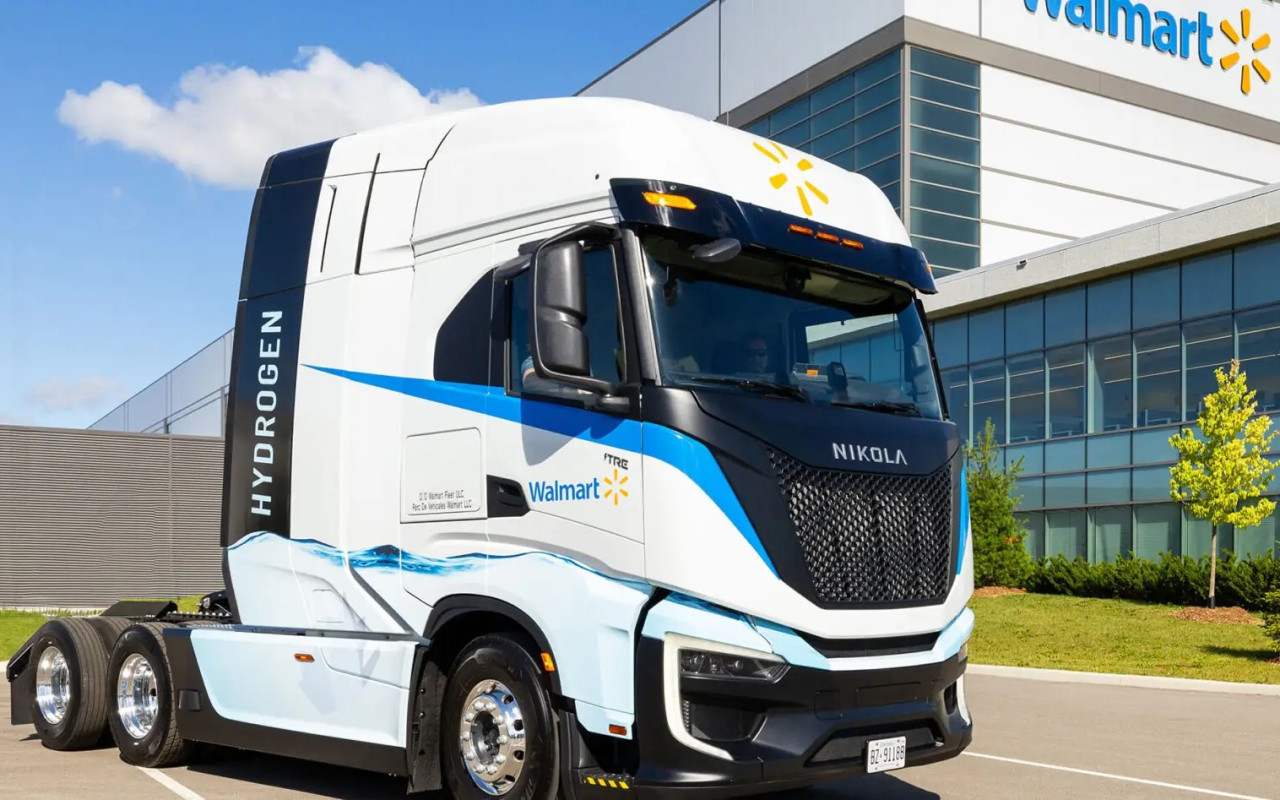Proterra, Scale Microgrid Solutions to develop solar-battery microgrid supported EV fleet charging
To help power Santa Clara Valley Transportation Authority's (VTA) complete transition to zero-emission bus fleet, Proterra and Scale Microgrid Solutions are coming up with an innovative clean energy microgrid and EV fleet charging system. This includes a solar and battery storage microgrid, along with the deployment of two Proterra fleet chargers to power 34 e-buses.
Expected to come online in late 2023, the project showcases how clean energy paired with fleet-scale EV charging can enable the adoption of fully-electric vehicle fleets and further reduce greenhouse gas emissions.
"If the lights go out, transit agencies and fleet operators need to know that their electric vehicles will be there for the communities they serve," said Chris Bailey, President of Proterra Powered and Energy.
"We're excited to bring local clean energy and EV fleet charging to help VTA power through outages to deliver essential transportation services as they transition to a zero-emission bus fleet."
The scheme involves the deployment of 1.5 MW of solar on-site via available rooftop space and an overhead carport canopy at the agency's Cerone bus yard in North San Jose, California. The solar PV is paired with a battery storage system that can store 4 MW hours of usable electricity and 1 MW of peak output power to provide backup electricity at the bus yard for up to 20 hours of emergency operations, in case of an extended power outage such as a public safety power shut-off.
The two Proterra 1.5 MW fleet chargers can power 34 electric transit buses. The microgrid and charging infrastructure will be linked together by a switchgear and controls package designed by Schneider Electric for robust and dependable operations.
"California's electric grid needs distributed energy resources to support fully electrifying its transportation sector," says Tim Victor of Scale Microgrid Solutions.
"The system we are deploying for VTA will set the example of how distributed energy will alleviate many of the risks associated with the energy transition and provide cleaner, cheaper, and more reliable charging power."
The solar PV and battery storage system will give VTA operational flexibility on when to purchase the utility power needed to charge its fleet, saving the agency on its electricity costs and further reducing its total operating costs compared to continued diesel bus operations.
During a typical day, the clean energy microgrid will allow VTA to produce low-cost renewable energy and purchase off-peak energy that is then stored in the battery system for consumption during peak price periods. The energy cost savings gained through the project can be put toward the agency's other operating needs like transit services.
"This project combines several VTA goals. It shifts us toward greener sources of energy, saves VTA money that can be reallocated to other operating needs, and provides the infrastructure to charge our next batch of zero-emission buses. Our riders will benefit from a newer, quieter fleet and we will decrease our contribution toward climate change and poor air quality," said Adam Burger, Senior Transportation Planner with VTA.























